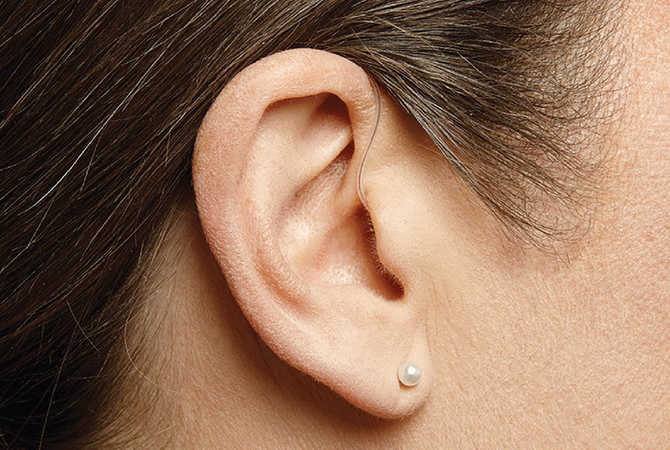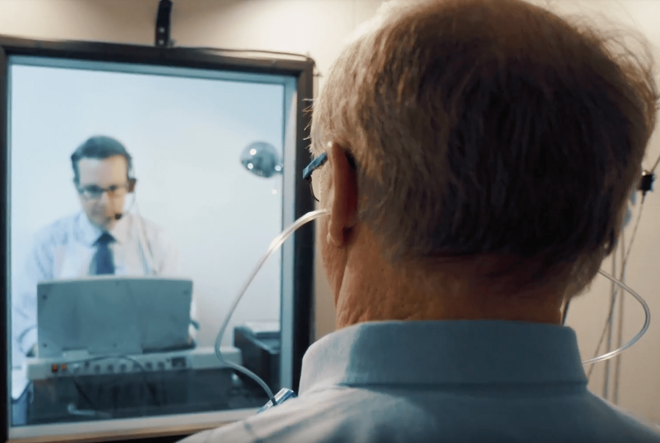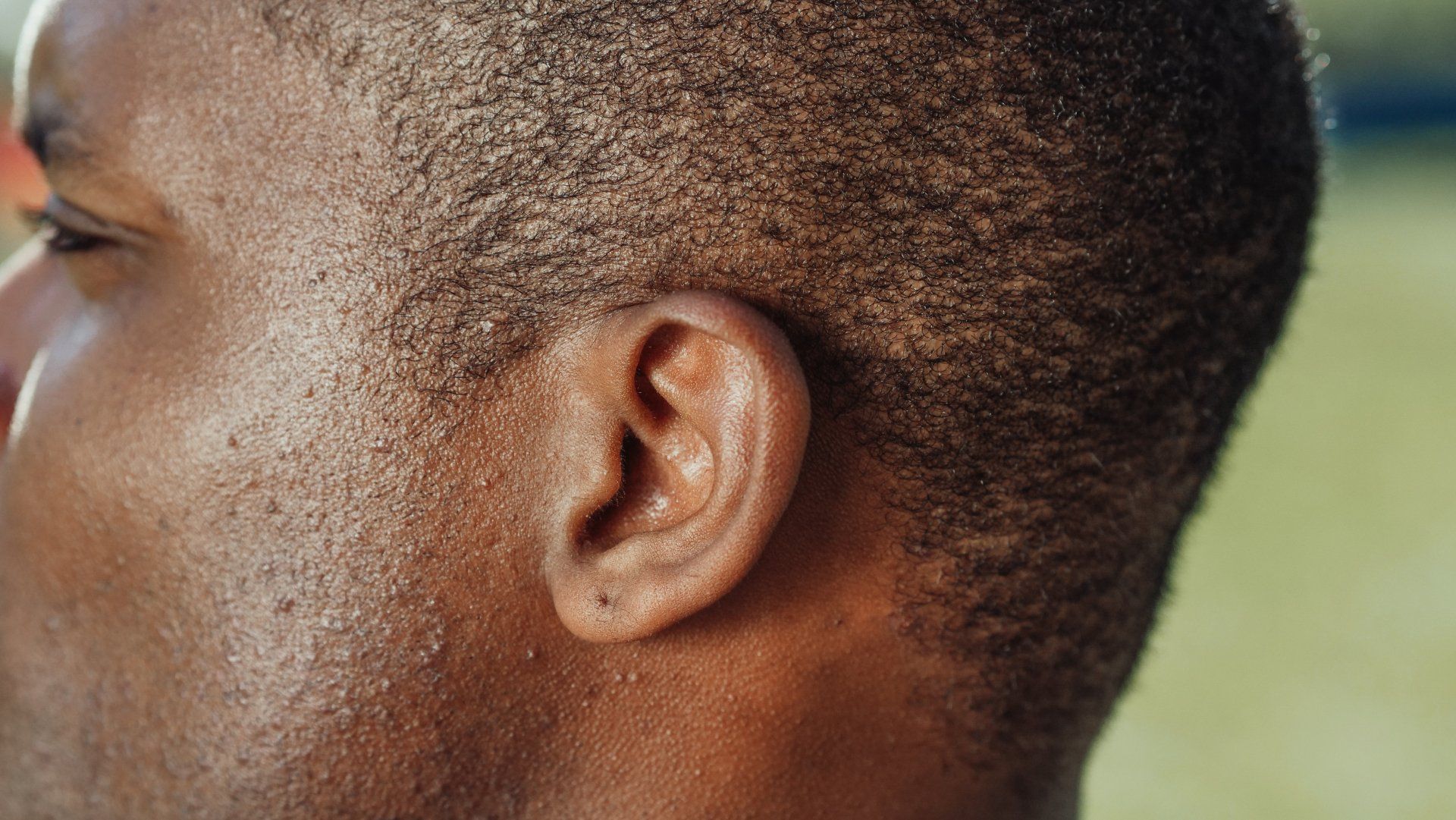09 Dec, 2022
It’s understandable that anyone looking at possibly using hearing aids will have a lot of questions At Red Door Hearing, we are asked many questions about hearing aids, and so we are providing the following list as a rundown of the most sought-after answers. If you’re preparing for a hearing test, feel free to ask these same questions during your upcoming consultation. If you’re just looking for some quick information about hearing aids, then this list should certainly help you out. At Red Door Hearing, we are dedicated to helping you with your hearing health. We can explain hearing technology and help you make an informed decision about your hearing care to hear the world around you. Should I get hearing aids? This is certainly one of the most commonly asked questions we get. If you believe that you might have hearing loss or other hearing challenges, then it is likely that the idea of getting hearing aids has crossed your mind. Unfortunately, there is no simple “yes” or “no” answer to this question. Instead, it depends on many factors, including the type of hearing loss, degree of loss, and impacts of the hearing loss on your daily routines and habits. Hearing aids are often a solution for people with hearing challenges, but they are not always a solution for everyone. A hearing test is the fastest way to determine if you would benefit from hearing aids. We can determine how much you would benefit from wearing hearing aids by reviewing how well you can hear and comprehend speech. Since hearing aids are more suited to certain types or degrees of hearing loss, we need to complete a hearing test before providing a recommendation. At Red Door Hearing, we will only recommend hearing aids when the hearing test indicates you will benefit from wearing the devices. Do hearing aids work well? A common stereotype of hearing aids is that they’re clunky, prone to feedback and sound unnatural. In the past, older technology was prone to feedback and did not deliver the natural sound quality that modern hearing aids do, so the devices received more complaints than compliments. Thankfully, the technology behind hearing aids has advanced considerably since then. The latest innovations have focused on natural sounds and seamless experiences so wearers can get more benefits with less drawbacks or hassle with the devices. One of the best parts of our job is watching hearing aid technology evolve at an incredible pace. Every year, new features and technologies are released that improve the client’s experience. Hearing aids now provide a more natural sound that matches the environment you are in. Today’s hearing aids are nothing like the clunky contraptions of the past. And we expect the next generation of devices to be nothing short of incredible. What benefits do hearing aids offer? Being hesitant about getting new hearing aids is completely understandable. Many people question if hearing aids are worth it for them, and they ask us about what benefits the hearing aids will offer. We answer this question by explaining what you can expect through every stage of wearing your new hearing aids. Some aspects may take time to get used to: Getting used to the feel of the new hearing aids Starting a new habit of wearing the hearing aids all the time Adjusting to hearing a broader range of sounds Learning how to clean and maintain the devices We also explain the benefits of wearing hearing aids (besides the ability to hear better): Modern hearing aids provide a more natural sound quality and can seamlessly adjust to different situations or environments automatically Operating the devices is getting easier, as many hearing aids can wirelessly connect to your smartphone Managing hearing loss by using hearing aids has been shown to help keep your brain fit and reduce the risk of mental decline Will it take long to get used to my hearing aids? Your brain will need time to adjust to the new sounds you will be hearing. This adjustment period varies for everyone, so it’s always important to schedule follow-up appointments after fitting new devices to make sure the process is going well. The adjustment period is not always a seamless process for each client. During your first fitting, we will provide tips and suggestions to make this process easier so you can start enjoying the benefits your hearing aids can offer as soon as possible. If any discomfort persists or if you have any issues with the volume or quality of the sound, call us directly and we’ll be sure to help you out right away. What differences are there in hearing aids? There are various colours, styles and technology levels of hearing aids available. Your choice of style can depend on your preferences for fit and comfort, although some styles are more suited to certain degrees of hearing loss. We will review the results from your hearing test to help us select the technology level that fits both your hearing loss, your lifestyle and your budget. Modern hearing aids can come with a variety of helpful features like tinnitus support, wireless connectivity, remote controls, or compatibility with cell phones to boost call volumes. We will base our recommendations for the best hearing aid features on your lifestyle, work, and hobbies. What is the price of hearing aids? The price of hearing aids will depend on factors like the technology levels offered. Devices are available in a range of technology levels. The different technology levels will be explained to you, so that you can make an educated and informed decision. We carry hearing aids for every budget, and we’ll assist you in navigating any options for hearing aid funding to help offset the costs of new devices. Whatever hearing aid device you choose will be programmed and fitted by one of our hearing care professionals. A properly fitted and programmed hearing aid optimizes the performance and output of any device, ensuring you are getting the full value from your hearing aids. Will hearing aids be worthwhile for me? Even though this question is not often asked aloud, we understand that it is the core question that many people ask themselves when considering hearing aids. The best way to answer this question is to book a hearing test and consultation at Red Door Hearing. We strive to provide you with the information you need so you can evaluate your options and make a confident decision. We’ve seen how life-changing hearing aids can be when they are properly selected and fitted, and we understand the value in having all your questions answered about your hearing health and hearing aids. Using hearing aids requires a level of commitment to get the most benefit from the devices. Let the hearing care professionals at Red Door guide you through your hearing aid journey. Book a hearing test at Red Door Hearing. We can answer any other questions you may have, and our trained specialists will be able to help you put your hearing care first.


 Rating
Rating





